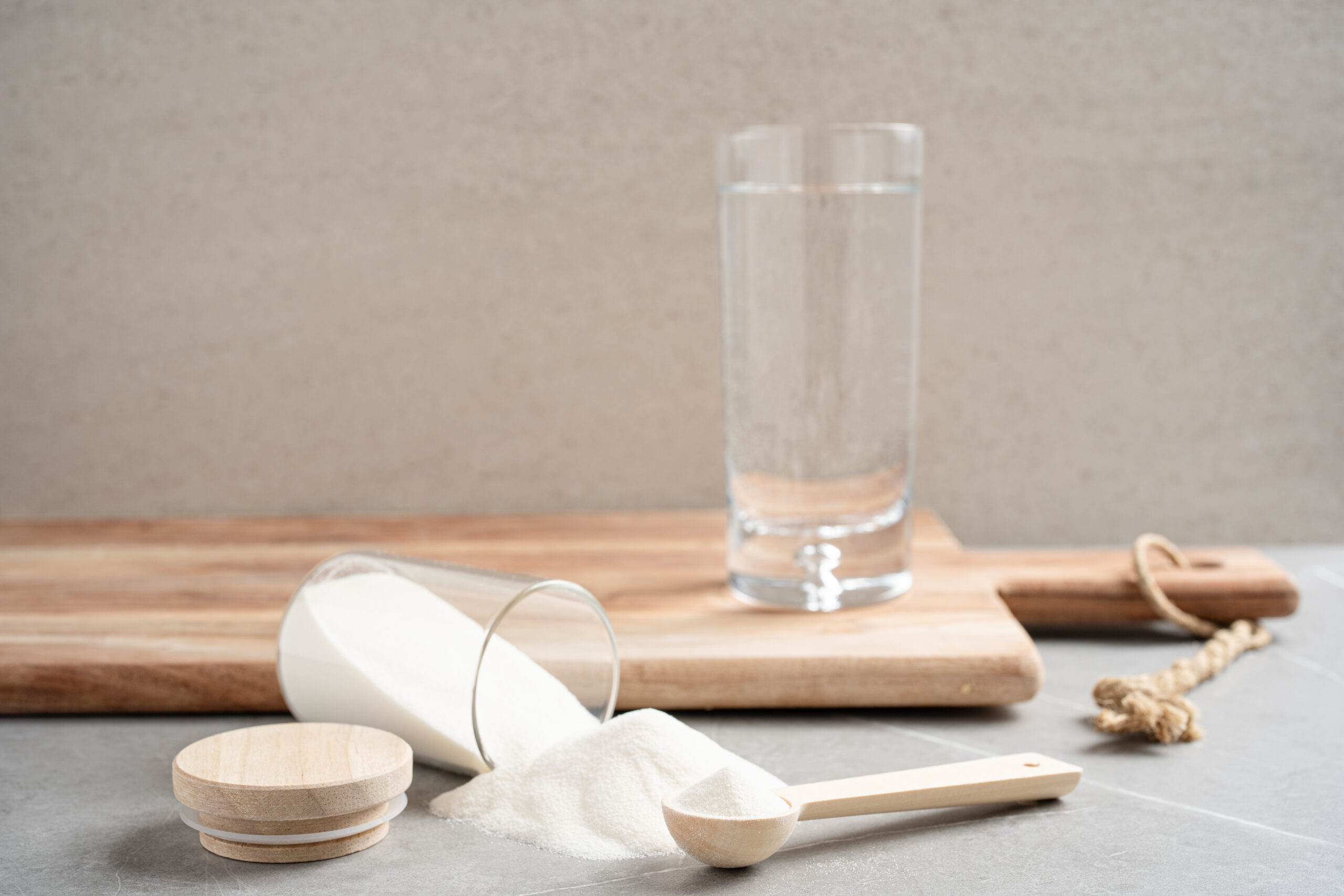Collagen is an increasingly popular dietary supplement worldwide, but food safety is always a key concern for buyers and distributors. At Seagarden, food safety is built into every step of production.
–Collagen itself is generally safe as it is widely used as a dietary supplement. Most healthy adults tolerate it well, but for fish collagen people with fish allergy should be careful, explains Lucyna Filipek, Quality Assurance Manager at Seagarden.
Safety built into the process
Seagarden’s marine collagen is produced under strict safety and quality systems.
– We apply HACCP, FSSC 22000, and very high hygiene standards. That means low levels of heavy metals, strong controls against bacteria, and full traceability of every batch, says Filipek.
She also points out that Seagarden collagen is Halal and Kosher suitable, opening access to global markets with religious dietary requirements.
 Lucyna Filipek, Quality Assurance Manager at Seagarden.
Lucyna Filipek, Quality Assurance Manager at Seagarden.
Why certifications matter
For Filipek, certifications are more than formalities:
– Certifications are trust signals. They open markets, reassure retailers, and prove we meet international standards for safety, sustainability, and ethics, she says.
Seagarden holds a wide range of certifications, including:
- FSSC 22000 (food safety)
- MSC, ASC, Friend of the Sea (sustainability)
- Halal & Kosher (religious compliance)
- SMETA (ethical trade)
– These are what big buyers and international retailers look for. They need documented proof of safety and responsible sourcing, Filipek adds.
What Buyers Should Know
When asked what distributors should look for in a collagen supplier, Filipek highlights three essentials:
1. Trusted sourcing and traceability
– We only use approved marine sources, and every batch can be traced back to the raw material.
2. Controlled production
We monitor every step — hydrolysis, drying, packaging — to prevent contamination and ensure food-grade safety.
3. Good communication
– Many problems in food safety come not from the product, but from poor communication. Fast replies, clear documentation, and transparency build real trust.
She also stresses that Seagarden runs regular internal audits for continuous improvement and perform recall tests to stay ahead of emerging risks.
The Bottom Line
For Filipek, the answer is simple:
– If you want collagen that is safe to sell, you need a supplier you can trust. Certifications, traceability, and good communication are what make the difference. At Seagarden, we deliver on all three.

